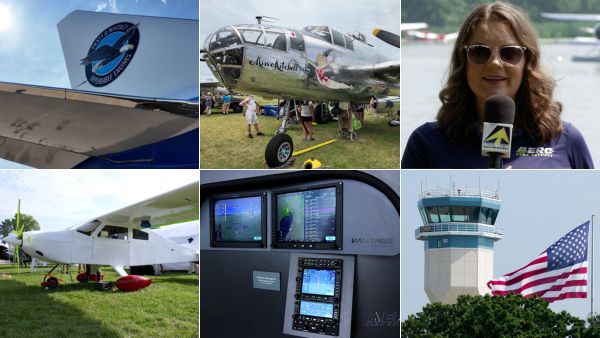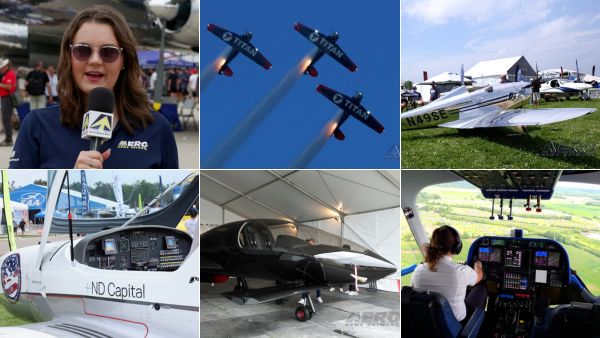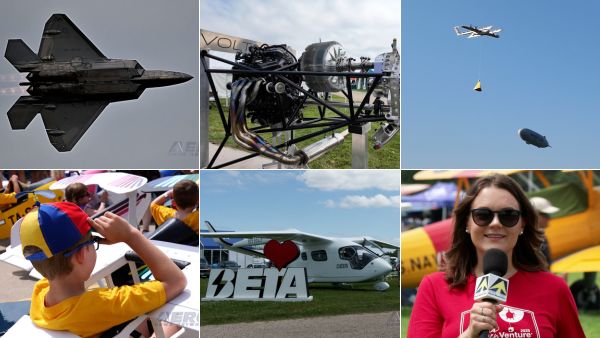Sun, Aug 24, 2014
Will Explore Biological Reactions To Changes In Gravity
NASA's Space Biology Program will fund 26 proposals to investigate how microbes, cells, plants and animals respond to changes in gravity. The research will be conducted aboard the International Space Station.

The research will help uncover new basic knowledge that other NASA researchers and engineers can use to solve problems confronting human exploration of space or that could lead to new biological tools or applications on Earth. Proposals were in response to the NASA Research Announcement (NRA) NHH14ZTT001N, "Spaceflight Research Opportunities in Space Biology."
The selected proposals come from 17 institutions in nine states and include 16 principal investigators who will be receiving their first Space Biology grant award. When fully implemented, the grants are worth a total of about $12.6 million during a one- to three-year period.
The research will apply 21st-century genetics theories and new tools to study RNA and DNA. The objective is to learn how these building blocks of life regulate and sustain normal health, repair injuries and regulate growth, metabolism, reproduction and development during adaptation to microgravity.
The space station will be used as a platform to study the behavior and evolution of microbes and evaluate the effects of long-term spaceflight on additional organisms such as parasitic wasps and the microorganisms known as water bears. Investigators also will study mouse physiology, cardiac function, reproductive health, neurobiology, ocular health and immunology.
The Space Biology Program is managed by the Space Life and Physical Sciences Division in NASA's Human Exploration and Operations Mission Directorate at the agency's headquarters in Washington.
The International Space Station is a convergence of science, technology and human innovation that demonstrates new technologies and makes research breakthroughs not possible on Earth. The space station has had continuous human occupation since November 2000. In that time, it has received more than 200 visitors and a variety of international and commercial spacecraft. The space station remains the springboard to NASA's journey to Mars and other deep space destinations.
More News
Also: New Lakeland Fly-in!, Gleim's DPE, MOSAIC! Nearly three-quarters of a century in the making, EAA is excited about the future… especially with the potential of a MOSAIC>[...]
Estimated (EST) -When used in NOTAMs “EST” is a contraction that is used by the issuing authority only when the condition is expected to return to service prior to the >[...]
Aero Linx: Regional Airline Association (RAA) Regional airlines provide critical links connecting communities throughout North America to the national and international air transpo>[...]
The Airplane Broke Up In Flight And Descended To The Ground. The Debris Path Extended For About 1,435 Ft. Analysis: The pilot, who was the owner and builder of the experimental, am>[...]
From 2015 (YouTube version): History Comes Alive Thanks to A Magnificent CAF Effort The story of the Douglas C-47 named, “That’s all Brother,” is fascinating from>[...]
 Airborne 07.21.25: Nighthawk!, Hartzell Expands, Deltahawk 350HP!
Airborne 07.21.25: Nighthawk!, Hartzell Expands, Deltahawk 350HP! ANN's Daily Aero-Term (07.27.25): Estimated (EST)
ANN's Daily Aero-Term (07.27.25): Estimated (EST) ANN's Daily Aero-Linx (07.27.25)
ANN's Daily Aero-Linx (07.27.25) NTSB Final Report: Luce Buttercup
NTSB Final Report: Luce Buttercup Classic Aero-TV: 'That's All Brother'-Restoring a True Piece of Military History
Classic Aero-TV: 'That's All Brother'-Restoring a True Piece of Military History



